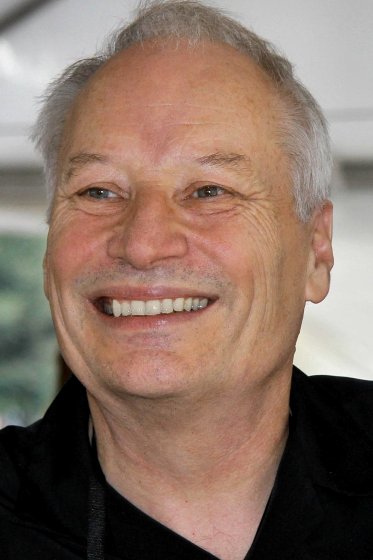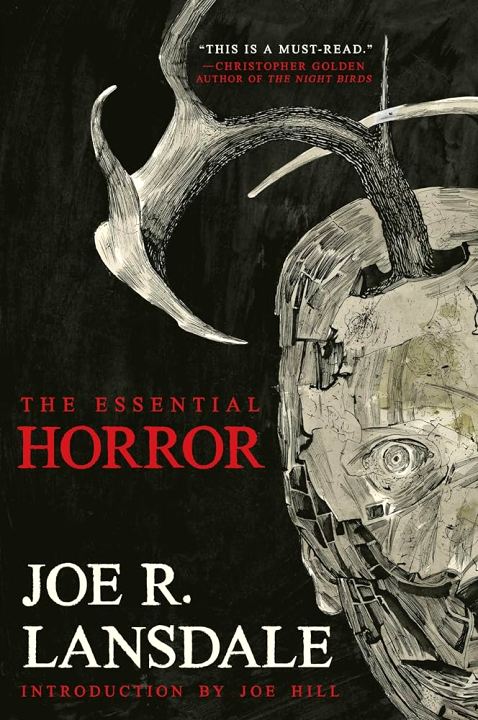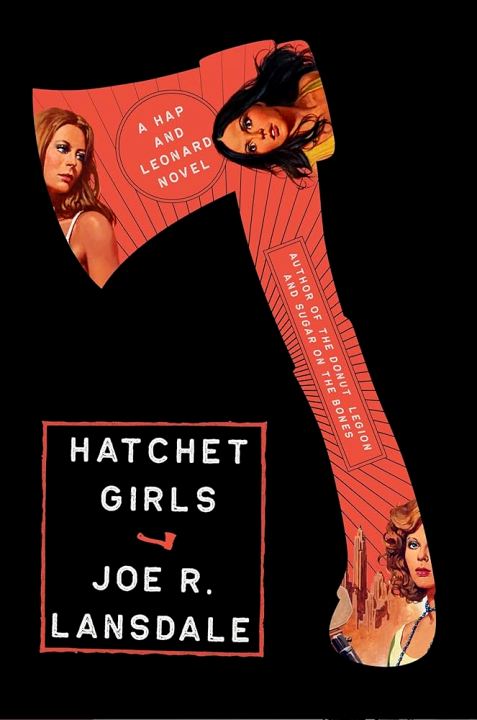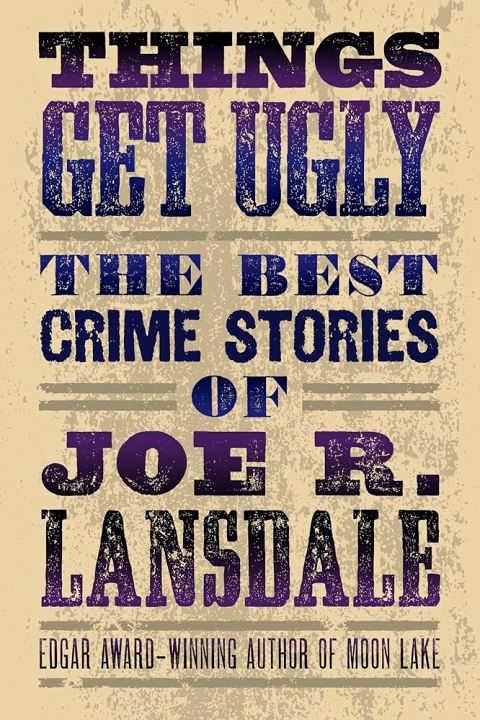
On this month's Special Page:
Best-selling "Mojo" author Joe R. Lansdale gives us valuable writing tips, including what to do if you don't feel motivated!

Joe R. Lansdale is the author of fifty novels and four hundred shorter works, including stories, essays, reviews, film and TV scripts, stage plays, introductions and magazine articles, as well as a book of poetry. His work has been made into films, animation, comics, and he has won numerous awards including the Edgar, Raymond Chandler life time award, numerous Bram Stoker Awards, Lifetime Horror Award, and the Spur Award.
He lives in Nacogdoches, Texas with his wife, Karen, and pit bull, Rudy.
Go to his official website HERE
WRITING (AND MOTIVATIONAL) TIPS FROM JOE R. LANSDALE
Having problems getting started on the writing today? Pose yourself a question. How can I honestly write about my home life, tell how good or how bad it is without blinking? Just anything. Sit down, start writing, and let it take you where it wants to go. Let it leave the premise if it must, let the story start with the contemplation, but the story can be about anything else. Ride the bucking bronco, don't sit on the fence and think about it.
Ray Bradbury said about writing, "Jump off the cliff and build your wings on the way down."
The main thing that works for me is not to try and do too much in a day. I get up in the morning and write with the goal of three to five pages, and I usually meet this quickly. Then I polish as much as I can, and leave the work with some juice in the bottle, so to speak, and the next morning the bottle is miraculously full again.
Some days I easily get more than three or five pages, and I rarely work over three hours a day. I always try not to overthink it. Now, keep in mind, my method is not the only method, but if yours isn't working, you might consider it, and if nothing else you can develop a method out of it that works best for you.
What wore me out was trying to write for eight hours, put in these long days. And I could do it, but sometimes the next day I felt like hammered dog crap, and so in the long run I was then unable to write and there were far more revisions.
Now and again I violate my usual approach because I'm traveling and may have to write in smaller bursts. Or, I may have a day where I feel it coming so comfortably that I may have two or three sessions, but that is uncommon, and I try never to force those sessions.
On revisions. I revise daily, then halfway through I revise from front to middle, continue on, and when finished I revise the whole book, but by then my revisions or more like a polish, and generally take very little time. Now and again I discover I have really missed the boat in a place or two, and this may require greater revision, or an editor might suggest something. I always try and take their suggestions and see if they feel right, and if they do, I make those revisions, but I generally boil down their suggestions to the minimum and then make the changes. Sometimes a paragraph, even a sentence, can address a problem and make it work far better than a dozen pages or more.
Writing for me is somewhat like the truer nature of martial arts. You don't start out to win, because then you've already lost. Your mind is on the wrong things. Winning is publication, of course, and that's a fine goal, but obsession with it can keep you from being yourself.
I started out trying to be everyone's writer and that wasn't working. It made me miserable. But when I decided to be the writer I wanted to read, to tell stories only I knew, to use experiences of my own and of people I knew, it began to click. I found then I could write a lot of different things, and I could enjoy that, and stay in the game.
You want to have the goal of being published and acquire the tools to do that, but there's nothing romantic about it, and always looking toward the end of a project can keep you from dealing with it in the moment. I mean, certainly, learn from the past, but be in the moment when working, and plan for the future.
That doesn't mean don't have a game plan for your career, but if it's all about that goal, the most important aspect, writing fiction that excites you, be it "pulp" or "literature" or whatever is in-between, can be lost. Enjoy the process, not just having done it.
Waiting on inspiration may be the worst idea of all time, at least from my perspective. You are your own inspiration. It isn't coming to you via cosmic rays. It's learning to sit down at a similar time each day and letting the gate to your subconscious swing open. If you only work when you're inspired, then you may not work very much. The key to inspiration is habit.
Writing can be a form of time travel, because then we aren't forcing time into a straight line. We're gazing through our mind in an unconscious way, and our thoughts can be of the past and the present, and considerations of what we hope to happen in the future. It all blends, the past, the present, what we hope for the future. Relaxing the mind and letting the subconscious surface with the story is what works for me. Trying to figure it all out burns me out.


